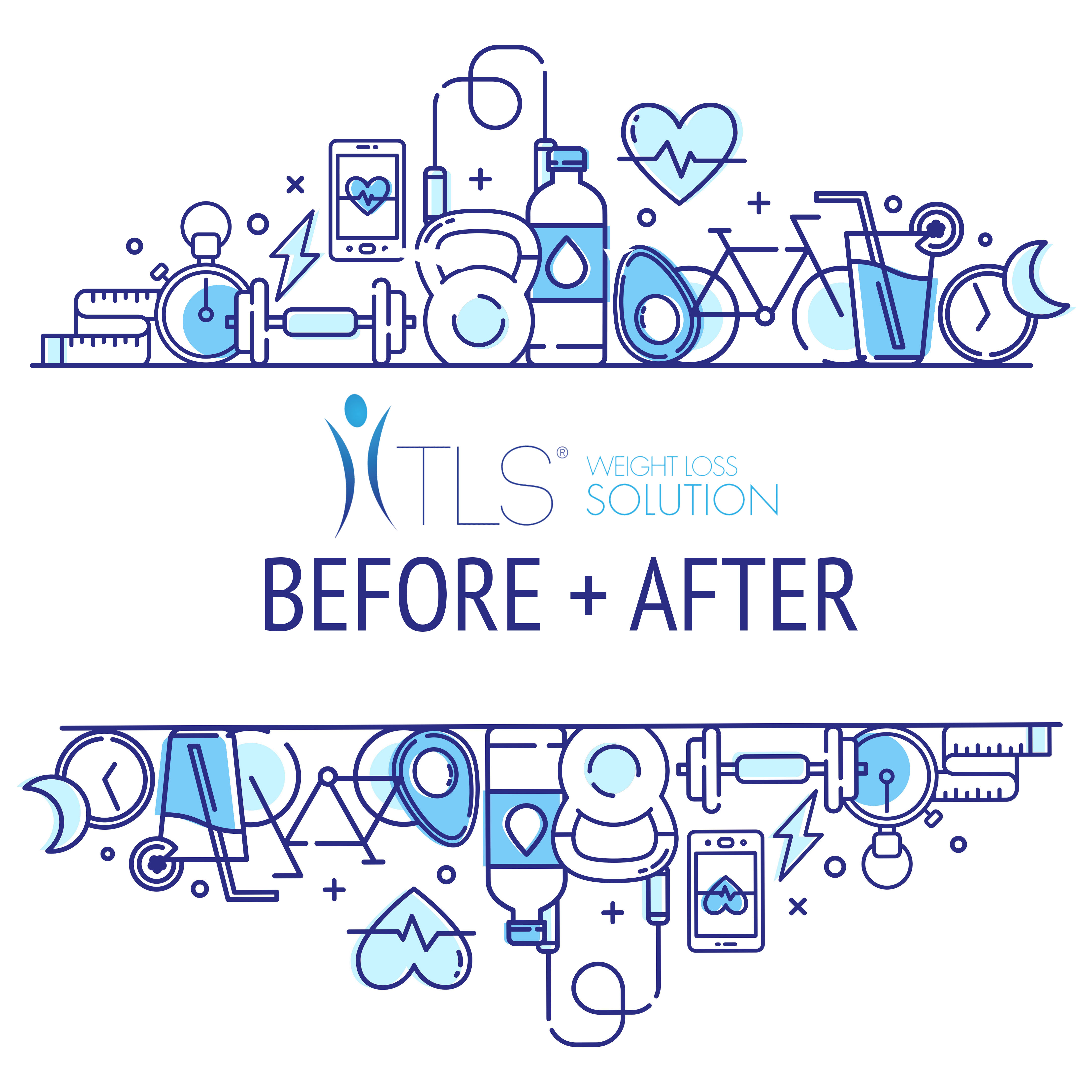Smoking, drinking, eating an unhealthy diet and living a sedentary lifestyle are all the common factors that help contribute to heart disease. By reducing emotional stress, moderating alcohol use and quitting smoking you can immediately begin reducing your likelihood of developing heart disease. Obesity is one of the leading causes of heart disease,so increasing physical activity and eating right are also essential to its prevention. Increasing physical activity is also something that you can begin immediately that will help you to improve your health. It is not necessary to jump into a full blown exercise routine, even increasing activity by an hour a week can reduce the chances for developing heart disease. Changing eating habits can be hard, but once you know which foods to eat you’ll be on your way towards a heart-healthy diet.controlling portion sizes, choosing low fat protein sources and increasing fruit, vegetable and whole grain intake are important step to reduce build up of plaque and other heart disease related issues.
For some people making the suggested lifestyle changes above are enough to lower cholesterol and improve overall cardiovascular health. Unfortunately, for many of us we need added support in our battle against heart disease. In addition to a change in habits and lifestyle, supplements can also be very beneficial and is a vital component to heart health. It has been shown that levels of key protective nutrients decline as we get older. Because of this, one of the best things we can do for our cardiovascular system is to introduce supplementation into our daily routine. There are a few key ingredients that play a vital role in preventing heart disease related conditions.
Omega-3 Fatty Acids
Omega 3 fatty acids – found in fish oil – provide significant reductions in triglyceride levels and increase good HDL cholesterol. Omega 3 fatty acids are considered “essential,” meaning they are not made in the body and must be acquired through the foods we eat. Two crucial omegas 3’s – EPA and DHA – are known to slow the growth rate of plaque, maintain normal blood flow and lower blood pressure thus promoting overall cardiovascular health with 1 – 4 grams of daily use.
Niacin
Also known as vitamin B-3 or nicotinic acid, niacin has been shown to significantly improve HDL (good cholesterol) and lower LDL (bad cholesterol). Well accepted as treatment for high cholesterol, niacin is one of the most powerful ingredients for heart health and has the ability to increase HDL by 15-30% whilereducing triglycerides by as much as 50% when taking just 500 mg daily.
Red Yeast Rice
Red yeast rice supplements come from the rice that is fermented with Monascus purpureus yeast. This extracts has been shown to lower bad LDL cholesterol and triglyceride levels which helps to improve blood flow and reduce the risk of heart attack. In fact, red yeast rice contains a substance – monacolin K – that is similar to the active ingredient in cholesterol lowering drugs such as lovastatin.
Coenzyme Q10
Coenzyme Q10 is produced by the body and is necessary for basic cell functioning. The role of CoQ10 in the heart is similar to the role of a spark plug in a car engine. Just as a car can’t function without that initial spark, the heart can’t function without CoQ10. People found to have any sort of heart disease are known to have low levels of CoQ10. With as little as 50 mg daily, Coenzyme Q10 is known to reduce systolic and diastolic blood pressure and improves oxygen supply to the heart thus making sure your heart stays healthy.
The good news is that we can start our improving our heart health today. Make eating healthy and being active part of your daily routine. A daily routine of supplementation is also going to reduce risk factors or help with the treatment of heart disease related conditions once they are identified. But, one thing to keep in mind when starting a supplement routine is: check with your doctor before using supplements, as some may interact with other prescription medications you currently take. The best thing about improving or maintaining cardiovascular health is that small changescan be made daily instead of several big changes at once. Small changes can add up to big results, take a walk instead of having a cigarette, try a green salad instead of fries, drink water instead of soda or simply skip salt. Small and basic steps can have dramatic effects.





Comments (0)